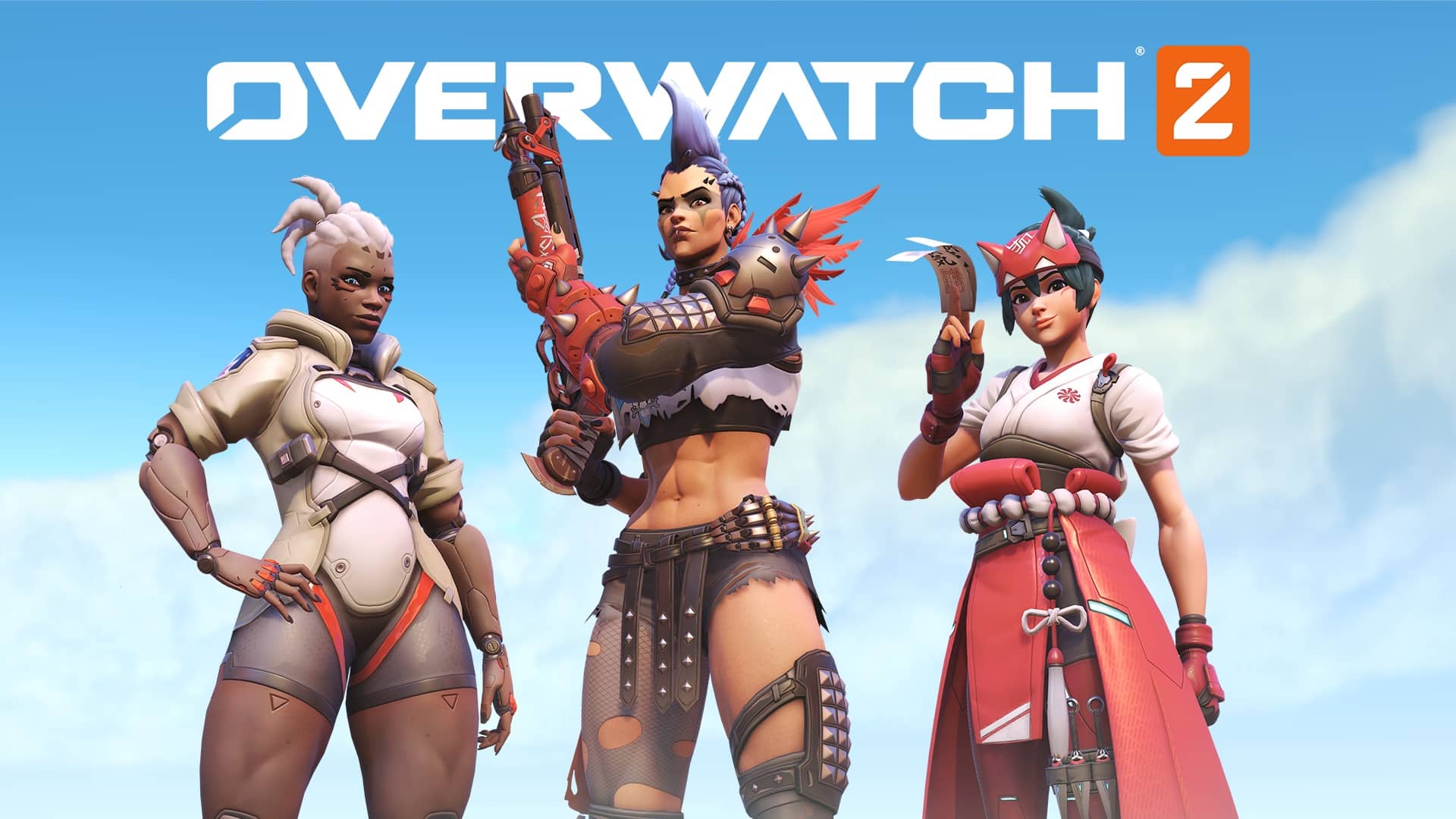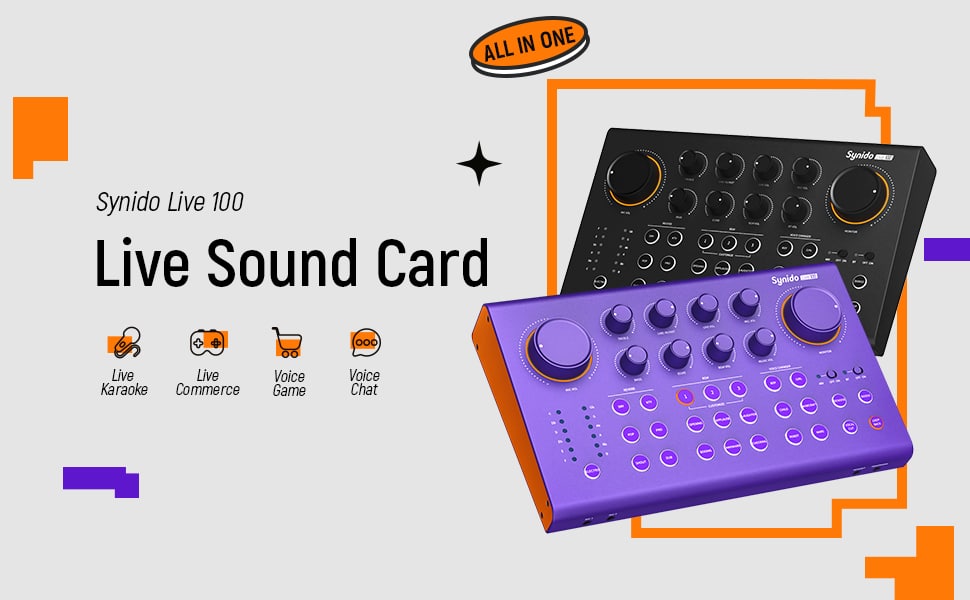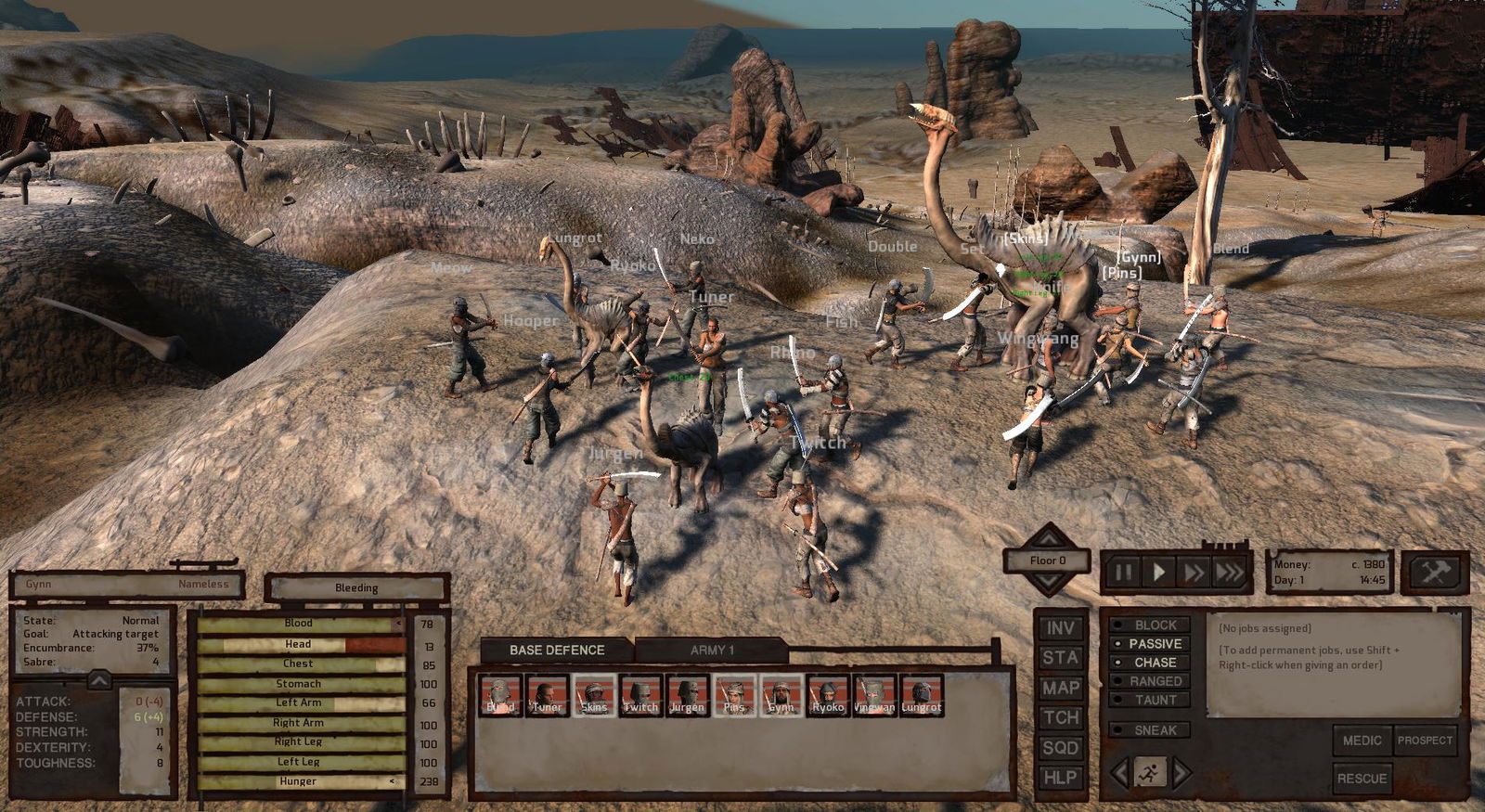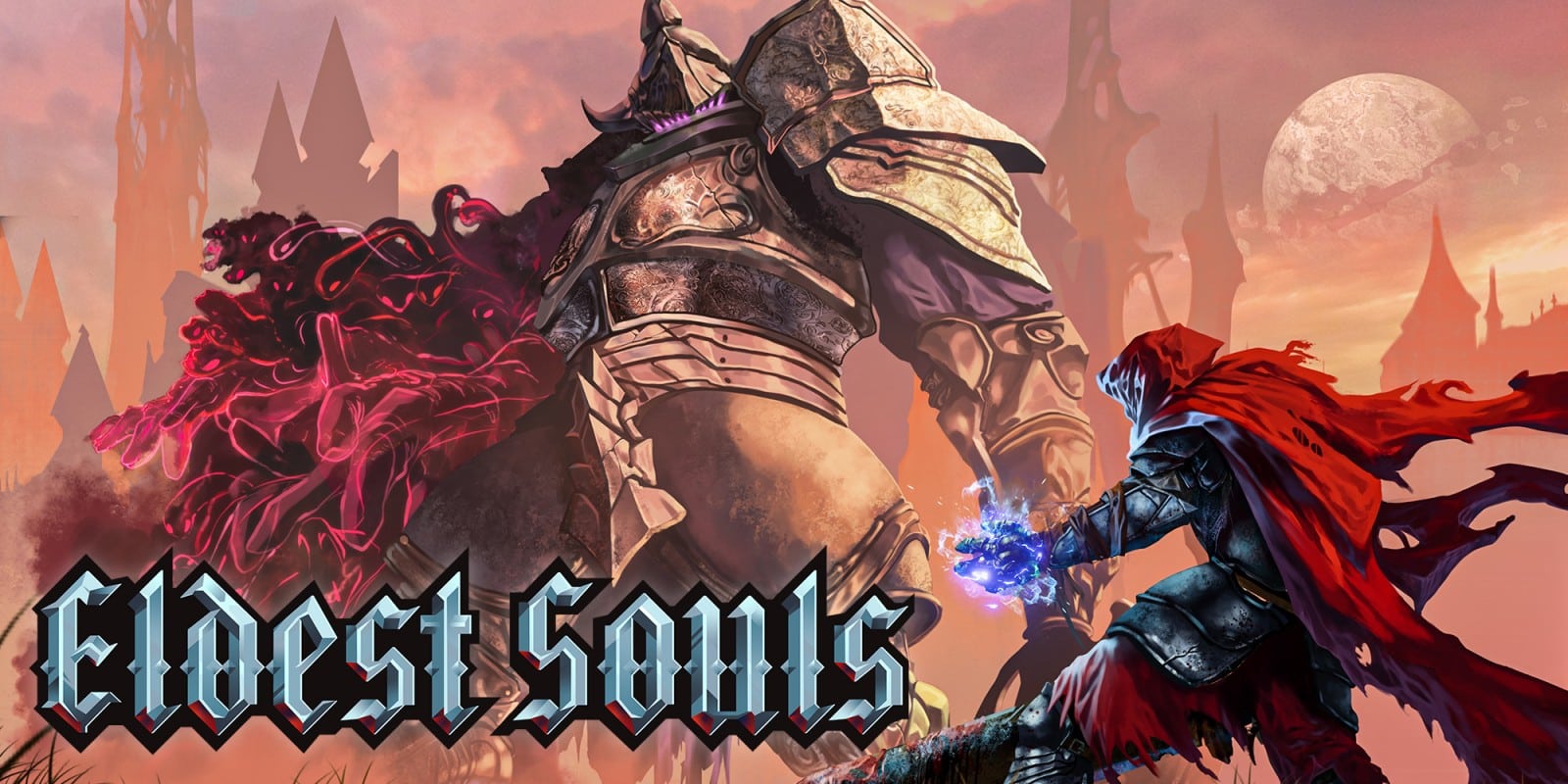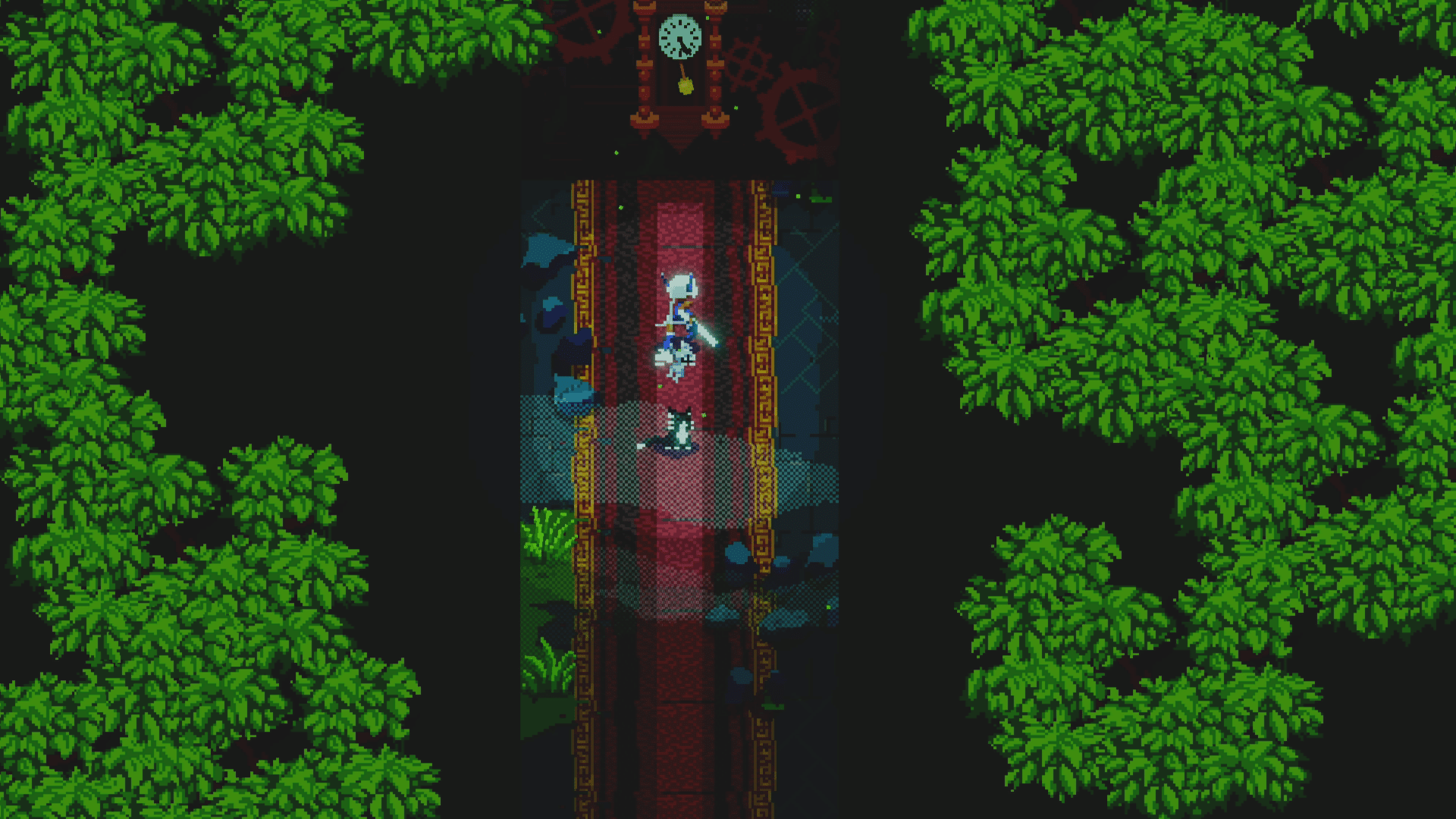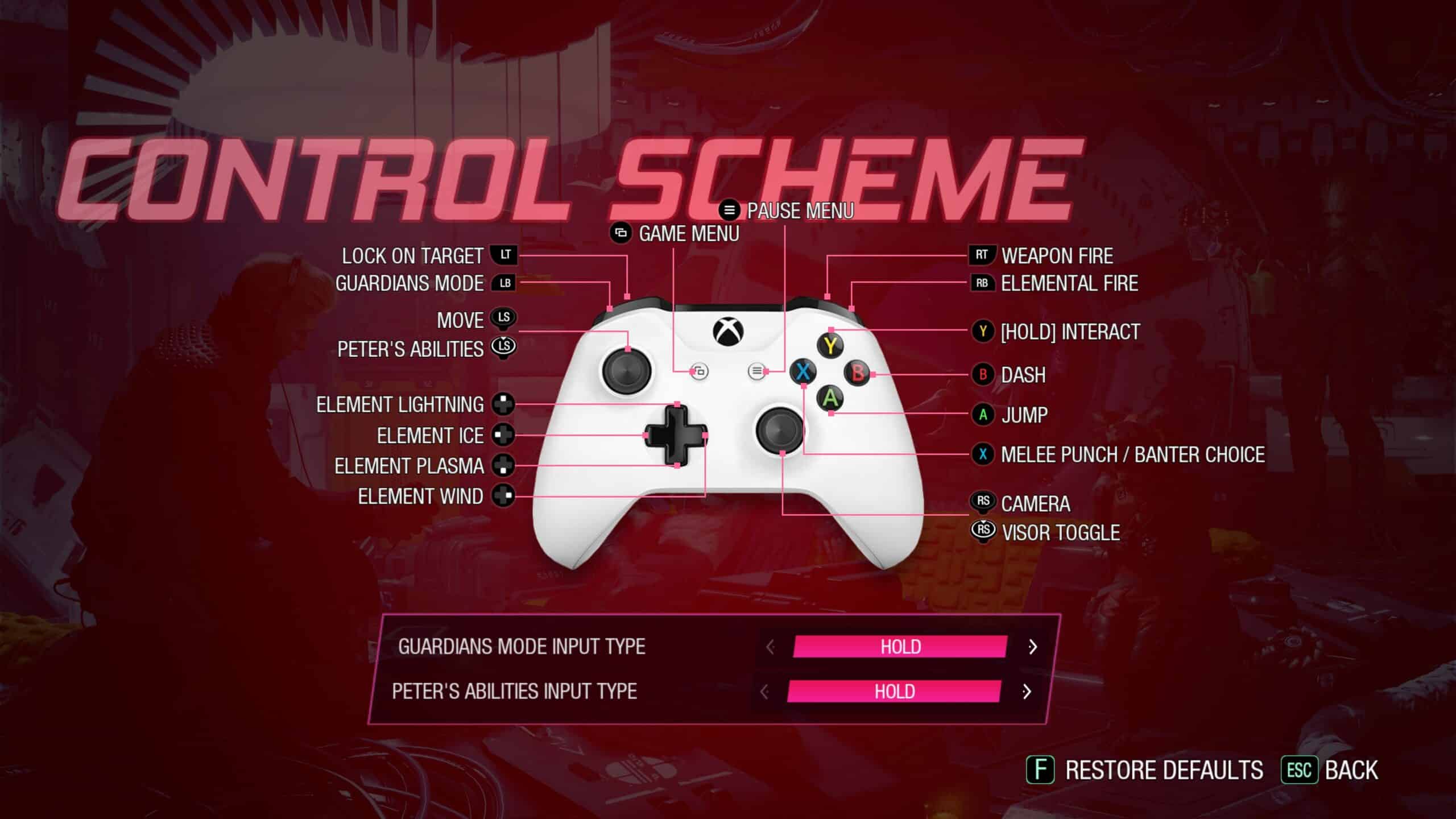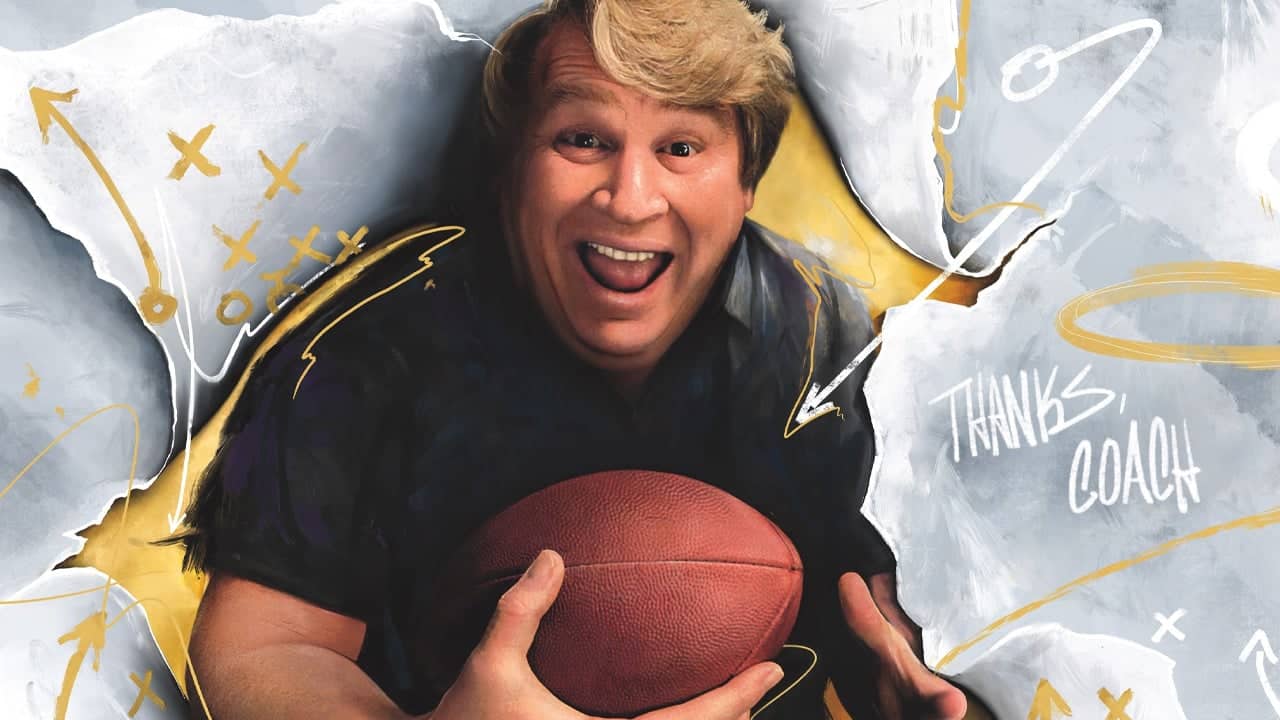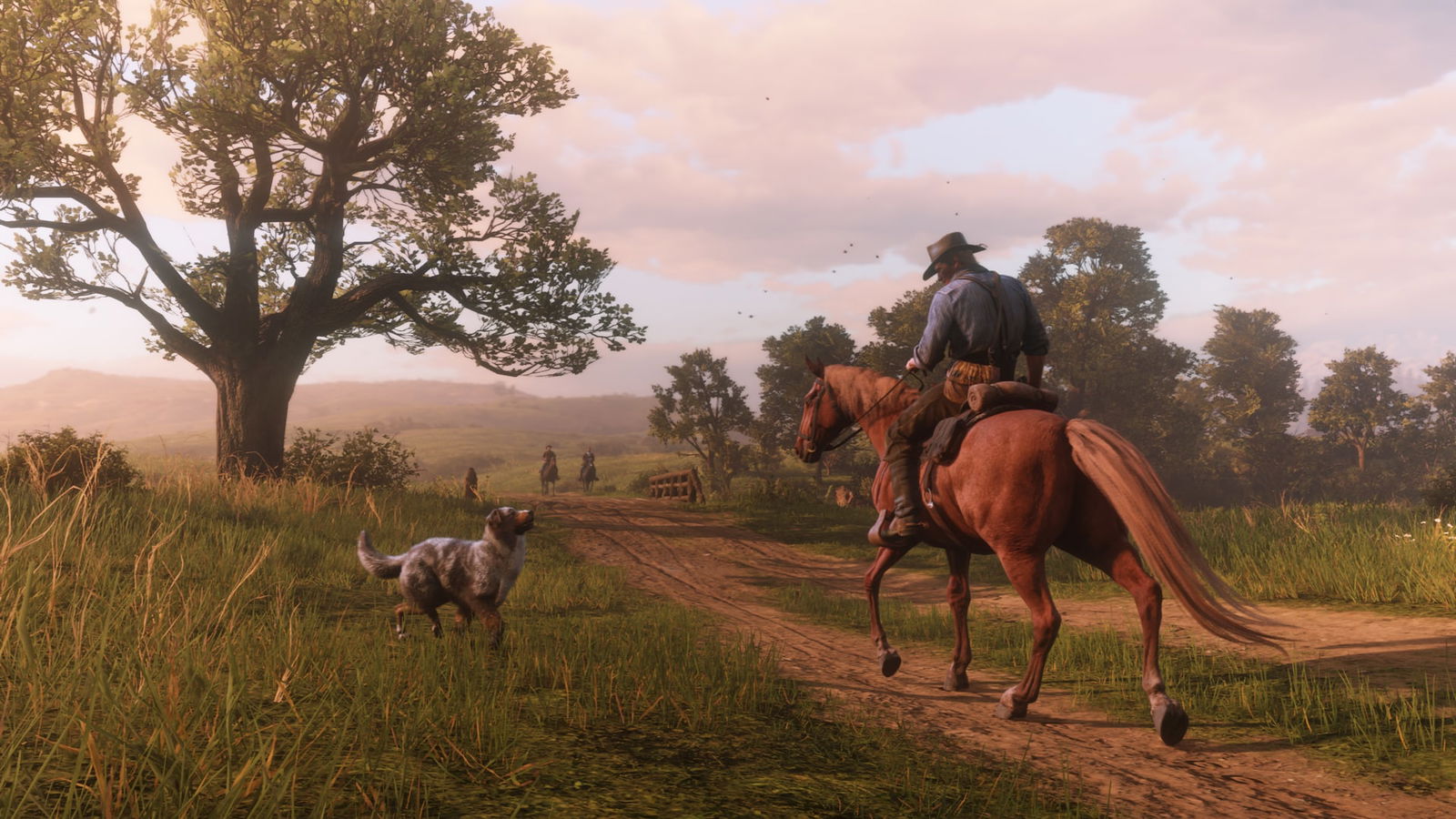Blizzard Entertainment revealed their First Time User Experience (FTUE) plans and other changes, like SMS verification, players can expect from Overwatch 2.
When Overwatch 2 starts early access on Oct. 4, new users will be part of the FTUE, which will gradually ease them into the world of Overwatch. Initially players will have a limited number of game modes, heroes and other restrictions, such as in-game chat, that will gradually unlock through multiple games. The exact requirements were not revealed, though it will take a total of 100 matches to unlock all of the original Overwatch heroes.
The idea behind this choice is to ease new players into Overwatch, allowing them to learn the subtle differences between modes and get a grasp on how maps should be approached. Blizzard Entertainment also hopes this will reduce negative incidents and cheaters, as it will limit their ability to impact the game without a substantial time investment.
This change only applies to accounts made after Oct. 3 and will also not apply to anyone playing in a group. So if your buddy is an expert, you can just play with them in anything besides competitive. To unlock that, players must win 50 quick play matches, which will also determine your initial rank placement.
While FTUE might be a positive change, players are already expressing concerns about SMS verification and voice recording policy.
On Oct. 4, all players will be required to have a phone number attached to their battle.net account. Blizzard Entertainment notes this number cannot be used on multiple accounts at the same time and excludes pre-paid and VOIP numbers like Google Voice. In addition of this working as an additional form of verification to protect accounts, the hope is that this will limit disruptive accounts from causing problems.
Another form of prevention is by recording chats for a period of time. This was explained extensively with this announcement.
Machine learning and audio transcriptions
For years, our team has used machine learning to detect and prevent disruptive behavior, cheating, and disruptive text chat. Our detection methods leverage multiple systems, including your in-game reports, to identify behavior that drives down the quality of the in-game experience. We’re expanding our detection capabilities by introducing audio transcriptions in the following weeks after launch.
Audio transcriptions allow us to collect a temporary voice chat recording of a reported player and automatically transcribe it through speech to text programs. The text file is then analyzed for disruptive behavior by our chat review tools. Once the audio recording has been transcribed to text, it’s quickly deleted as the file’s sole purpose is to identify potentially disruptive behavior. The text file is then deleted no later than 30 days after the audio transcription.
This system relies on players reporting disruptive behavior as soon as they encounter it in game because we do not store voice chat data long term. This means you should report disruptive behavior as it’s occurring in-game to give us the best chance at detecting, catching, and preventing disruptive players. Your reports matter—player reporting is one of the most effective methods for identifying and actioning disruptive behavior as quickly as possible.
Overwatch 2 Blog
It will be exciting to see how these things play out when Overwatch 2 hits early access on Oct. 4, for PlayStation 4/5, Xbox One/Series, Switch and PC.

